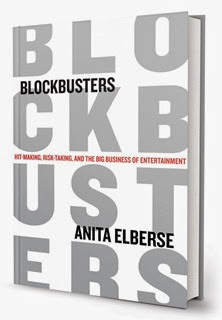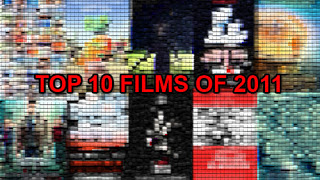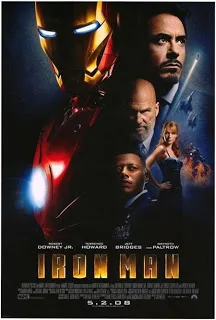Rant: Against the Blockbuster Mentality
 A few days ago, I was watching the PBS interview show Charlie Rose. After an interesting, and very down-to-earth, interview with the cast of Anchorman 2, the next guest was a Harvard professor named Anita Elberse. Elberse, who is an expert on the business of the entertainment industry, released a book in October called Blockbusters: Hit-making, Risk-taking, and the Big Business of Entertainment. In a nutshell, the book is about building the entertainment industry around the concept of the blockbuster. One of Elberse’s opinions, which greatly bothered me, was her belief that the film industry should just focus on a few blockbusters a year and not bothering about riskier smaller films. Charlie Rose compared this to Steve Job’s business model for Apple, which focused on only about 5 or so products. Let’s just say that it wasn’t long until I shut the interview off in disgust.
A few days ago, I was watching the PBS interview show Charlie Rose. After an interesting, and very down-to-earth, interview with the cast of Anchorman 2, the next guest was a Harvard professor named Anita Elberse. Elberse, who is an expert on the business of the entertainment industry, released a book in October called Blockbusters: Hit-making, Risk-taking, and the Big Business of Entertainment. In a nutshell, the book is about building the entertainment industry around the concept of the blockbuster. One of Elberse’s opinions, which greatly bothered me, was her belief that the film industry should just focus on a few blockbusters a year and not bothering about riskier smaller films. Charlie Rose compared this to Steve Job’s business model for Apple, which focused on only about 5 or so products. Let’s just say that it wasn’t long until I shut the interview off in disgust.
Now, this is clearly a case of me judging a book by its cover. I haven’t read Elberse’s book and I am sure that it would be an interesting read, featuring well-researched information. However, it also seems like the book was written from the point of view that film, along with the rest of the entertainment industry, is nothing more than a commodity to be sold. In my opinion, this is a very shallow viewpoint and not one that I can support. Don’t get me wrong, I see nothing wrong with blockbusters. I grew up watching blockbusters and I still go see them on a very regular basis. However, as I grew older, my taste in film matured and I began to appreciate the medium more as an artform. The blockbuster as we know it has only been around since the late-1970s, however the history of film dates back to the late-1800s. You can’t ignore film’s rich history, just because modern studios are more focused on spending and making money. As of this writing, I am compiling my list of my favourite films of 2013. I can say now that there is not a single blockbuster on this list. My favourite films of the year are made up of the smaller “riskier” films that goes against the blockbuster formula. Many of these films were only limited releases (or were only shown at film festivals) and may never be seen by a large group of people. However, these films better reflect cinema as an artform and shouldn’t be cast aside, in favour of money-making “tentpole” releases. Like I said, I never read Anita Elberse’s book and I am making this opinion, based on a few minutes of a television interview. However, as I grow as a film scholar, it does disturb me how some people cannot see film past the dollars and cents.





